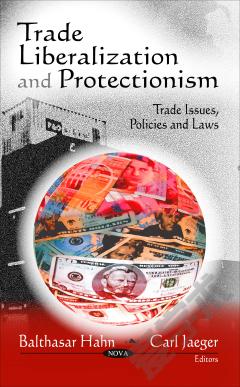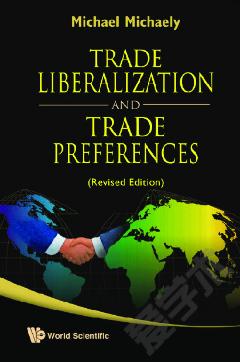Trade Liberalization and Protectionism
This book makes an intensive review of the literature on trade liberalization and its impacts on growth and distribution in developing countries. Moreover, the authors scrutinize some controversial national initiatives that are gradually fragmenting the international economic field. The urgent need that multilateral institutions have to push trade higher up in the list of the political priorities is emphasized. In addition, the biggest producers and exporters of agricultural products have been adopting the genetic engineering in order to improve the factors productivity and the firms profits. The authors examine the potential motivations behind the different policies on GM products adopted by US and EU. Additionally, the welfare effect of bilateral free trade agreement (FTA) in a vertical trade structure is investigated in this book. A three-country model is considered with one country exporting intermediate good and two countries exporting final good. Other chapters explore the major theories of international trade from antiquity up to the neoclassical economics in the latter part of the nineteenth century. Effective trade policies for developed countries today are also discussed, as well as international trade, both exports and imports, in countries such as India and China. It is the authors contention that these two countries pose particular challenges and offer particular opportunities in the evolving trade-development nexuses.
{{comment.content}}








 京公网安备 11010802027623号
京公网安备 11010802027623号